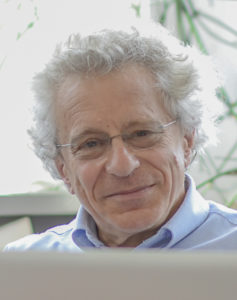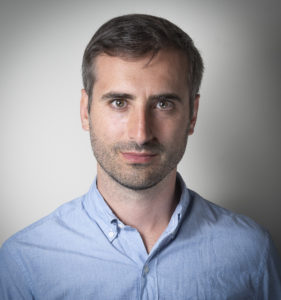
Northwestern Medicine investigators have discovered that a specific protein known for its role in cell division also impacts the direction of intracellular transport in neurons, according to findings recently published in the journal Proceedings of the National Academy of Sciences.
In the cytoplasm of every cell are microtubules, which are responsible for intracellular transport, the movement of organelles throughout the cell. These intracellular “highways” are especially important in neurons, which have very long projections called neurites that transmit electrical signals and information throughout the entire body.
Neurons send and receive information through two different kinds of long microtubule-filled neurites: axons, which send information to other neurons or muscle cells, and dendrites, which receive information from other cells.
As does the function of axons and dendrites differ, so does the organization of microtubules within axons and dendrites — axons contain microtubules with their plus-ends out while microtubules in dendrites are organized with a mixed or plus-end-in orientation.
“This is important because different things need to go to axons and others to dendrites, so the main question was what defines the difference in microtubule organization in axons and dendrites,” said Vladimir Gelfand, PhD, the Leslie B. Arey Professor of Cell, Molecular, and Anatomical Sciences, a member of the Robert H. Lurie Comprehensive Cancer Center of Northwestern University, and senior author of the study.
Previous work demonstrated that a molecular motor protein called cytoplasmic dynein is responsible for uniform microtubule polarity in axons. Specifically, dynein is anchored to the axon’s cortex and can push microtubules of the “wrong” polarity from the axons. However, the mechanisms behind how dynein is actually recruited to the actin cortex in axons has remained unknown, according to the authors.

By using a reverse-genetic screening approach called RNAi, the team successfully identified the protein Spindly as a critical component required for recruiting dynein to the actin cortex in axons.
Spindly is well-known for playing a role in cell division, known as mitosis. Specifically, Spindly recruits dynein to a complex of proteins called kinetochores during mitosis. According to authors, discovering this second role of Spindly was especially surprising.
“It was very unexpected because Spindly is mitotic protein, it is known to play a role in cell division and neurons are post-mitotic cells and they don’t divide,” said Urko del Castillo, PhD, a research associate in the Gelfand laboratory and the first author of the study.
Understanding the mechanisms behind how axons are formed could also potentially be applied to improving recovery from nerve cell damage commonly seen in neurodegenerative diseases, such as Parkinson’s and Alzheimer’s disease.
“We are far from there, but this finding is a definitely piece of the puzzle,” del Castillo said. “If we combine all this information on how neurons develop axons, we can try to use these candidates that we are describing as a target to stimulate axon regrowth.”
This research was supported by National Institute of General Medical Sciences grants R01GM052111 and R35GM131752.






